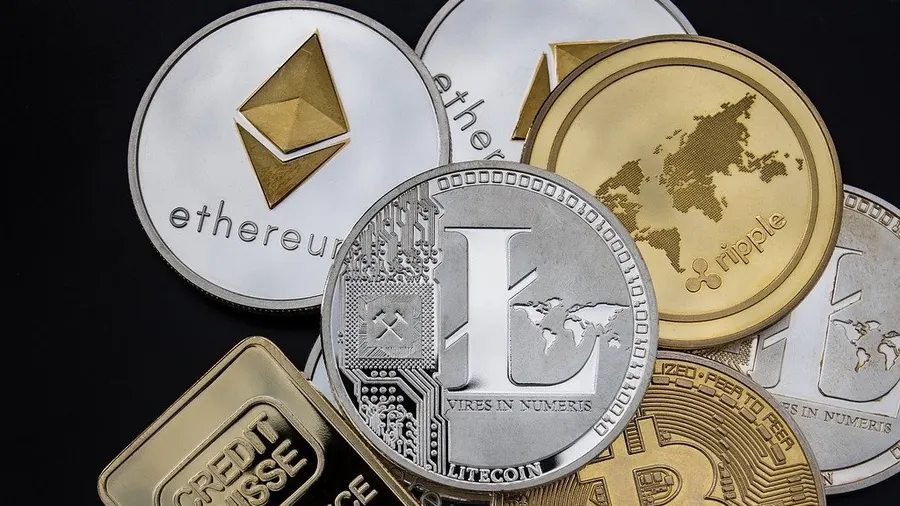
To tighten the reins on the crypto market, South Korean authorities are keen on imposing stringent token listing guidelines on centralized crypto exchanges as early as “next month,” a local media reported on Friday. The Financial Supervisory Service (FSS) has been working on the new guidelines since the second half of last year. During this time, the regulator started gathering opinions from the Digital Asset Exchange Association (DAXA).
South Korea’s Crypto Exchange Listing Rules
According to the report, crypto assets from projects with a history of hacking may not be listed on domestic exchanges unless the causes of previous security incidents are “properly explained” or the damages suffered are recovered. However, regulatory authorities may not allow them unless they properly account for the causes of the previous security incidents or compensate for damages.
Moreover, FSS might require whitepapers or technical documents separately developed for the Korean market from foreign crypto projects. They intend to ease the listing of their tokens on domestic exchanges. However, from this requirement, they may continuously exempt tokens already listed in regulated overseas exchanges for the last two years.
Furthermore, regulatory authorities may require crypto exchanges to remove certain cryptocurrencies that have failed to meet disclosure requirements. This includes accurately reporting the circulation of their tokens, for instance. The report quoted an FSS official stating that the new listing guidelines were almost ready for publication. However, he has not yet revealed the implementation timeline.
In the meantime, the official advised that crypto exchanges should brace for the stricter guidelines “as early as the end of this month, or as late as early next month” if the reporting procedures to the National Assembly are completed.
The proposed measures highlight South Korea’s to bolster regulatory oversight in its crypto ecosystem. They aim to safeguard investors and tackle security issues linked to tokens listed on centralized exchanges.
The implementation of these guidelines and their effects on the entire crypto market is yet to be seen. This would affect South Korea and other places beyond it. All participants await further information from the authorities, keeping their eyes on regulatory changes. This process defines South Korea’s future species.
Related Reading | Ethereum L2s to Reach $1T Market Cap by 2030: VanEck Analysts








